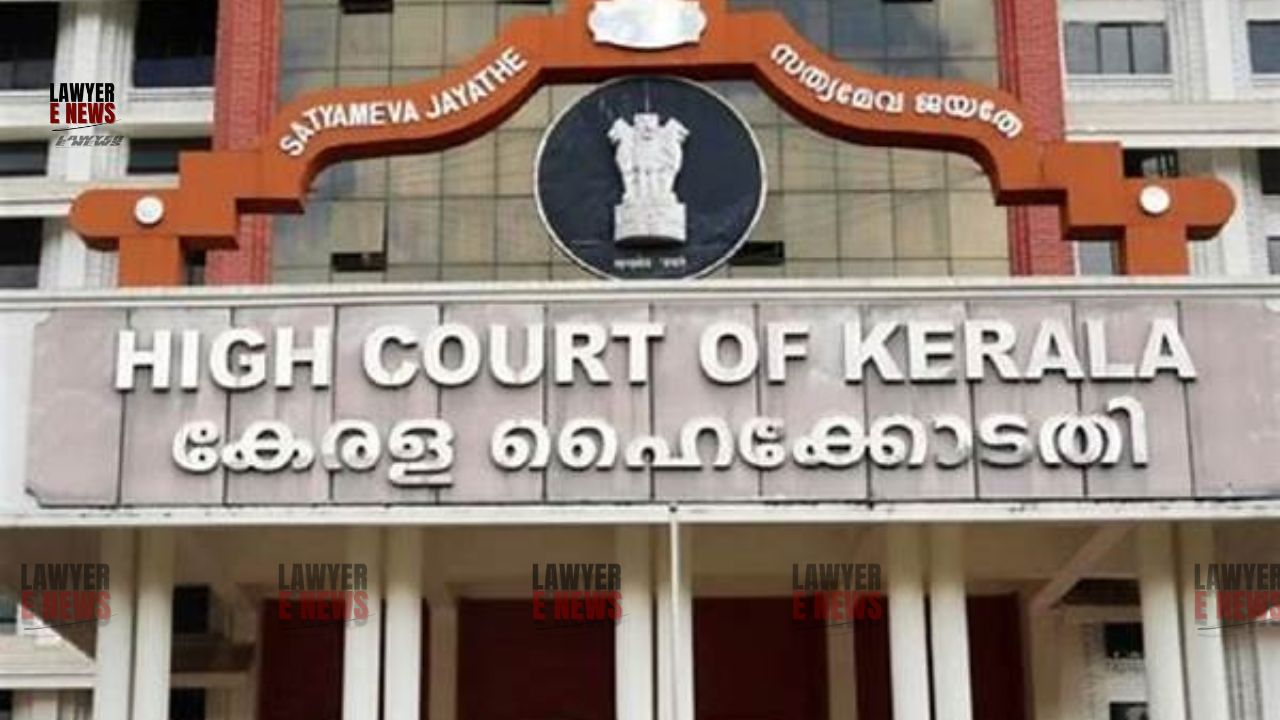-
by Admin
15 February 2026 5:01 PM



Kerala High Court granted bail to Balachandra Menon, a prominent film actor and director, accused of sexual assault in a case lodged after a delay of 17 years. Justice P.V. Kunhikrishnan emphasized that the inordinate delay in filing the complaint and the absence of compelling prima facie evidence warranted bail, upholding the principle of “bail as the rule and jail as the exception.”
The petitioner, Balachandra Menon, sought bail in connection with Crime No. 1009/2024, registered at Cantonment Police Station, Thiruvananthapuram, alleging offenses under Sections 354, 509, and 506 of the Indian Penal Code (IPC). The allegations pertained to an incident in 2007, where the complainant claimed the petitioner sexually assaulted her during the shooting of a movie.
The petitioner argued that the accusations were false, malicious, and filed after an extraordinary delay of 17 years, aiming to tarnish his reputation. The prosecution opposed the bail application, asserting the seriousness of the charges.
The Court took serious note of the 17-year delay in filing the complaint, observing that such delays significantly impact the credibility of allegations and the ability of the accused to defend himself.
"It is an admitted fact that the victim filed the complaint after 17 years of the alleged incident. Such an inordinate delay affects not only the right to a fair trial but also the dignity and reputation of the accused," the Court noted.
The Court also emphasized that allegations made after such a long delay, unsupported by substantial evidence, cannot justify denying bail.
In a significant remark, the Court stated: "Everybody must remember that pride and dignity are not only for women but for men also."
This observation was made in the context of balancing the rights of the complainant and the accused, ensuring that the principles of justice are upheld for both parties.
The Court reiterated the well-settled principle that bail is the rule and jail is the exception. Citing Supreme Court judgments, including P. Chidambaram v. Directorate of Enforcement (2019) and Siddharth v. State of Uttar Pradesh (2021), the Court underscored that bail should not be denied unless there is a custodial necessity or a risk of interference with the investigation.
The Court observed: "Personal liberty is an important aspect of our constitutional mandate. Arrest and detention should not be routine but must be justified by compelling reasons such as the possibility of the accused absconding or influencing witnesses."
The Court highlighted inconsistencies in the complainant's allegations, including claims that the incident occurred in a hotel with six floors, whereas the hotel in question does not have six floors. Such discrepancies, combined with the delay, weakened the prosecution’s case at the bail stage.
Granting bail, the Court imposed the following conditions to ensure the petitioner’s cooperation with the investigation:
The petitioner shall appear before the Investigating Officer within two weeks and undergo interrogation.
If the Investigating Officer decides to arrest the petitioner, he shall be released on bail upon furnishing a bond of ₹50,000 with two solvent sureties.
The petitioner shall cooperate with the investigation and refrain from influencing witnesses or tampering with evidence.
The Kerala High Court’s decision to grant bail underscores the balance between protecting individual liberty and ensuring justice in cases involving allegations made after an extraordinary delay. By emphasizing the principles of bail and the importance of dignity for all individuals, the judgment reiterates the judiciary's commitment to fair trial rights and procedural safeguards.
Date of Decision: December 11, 2024
